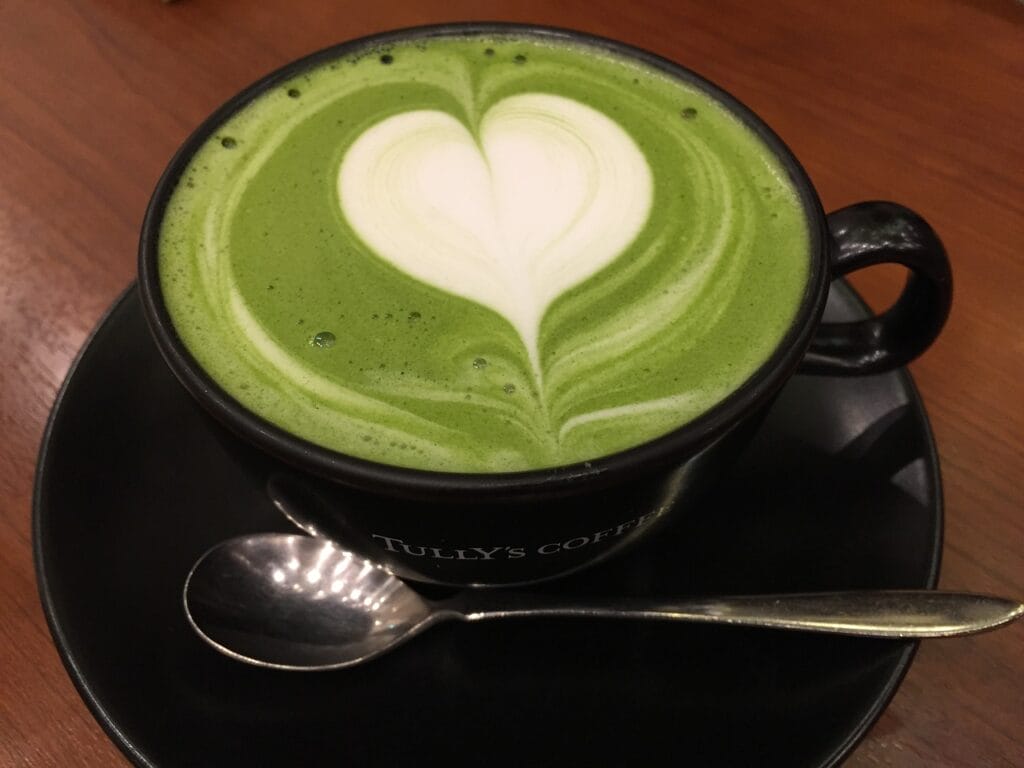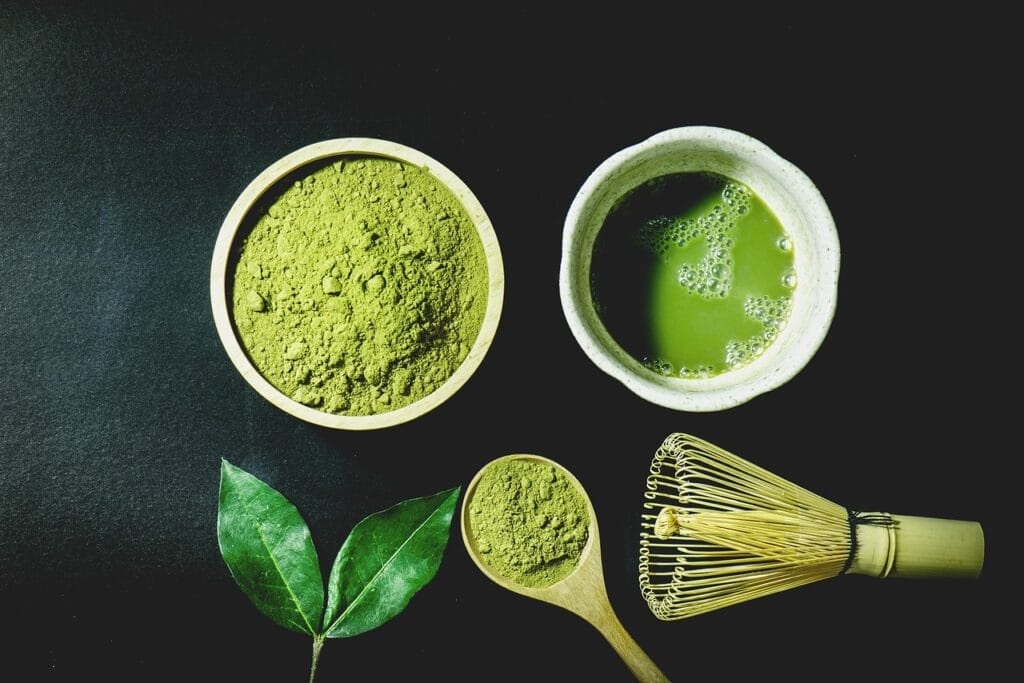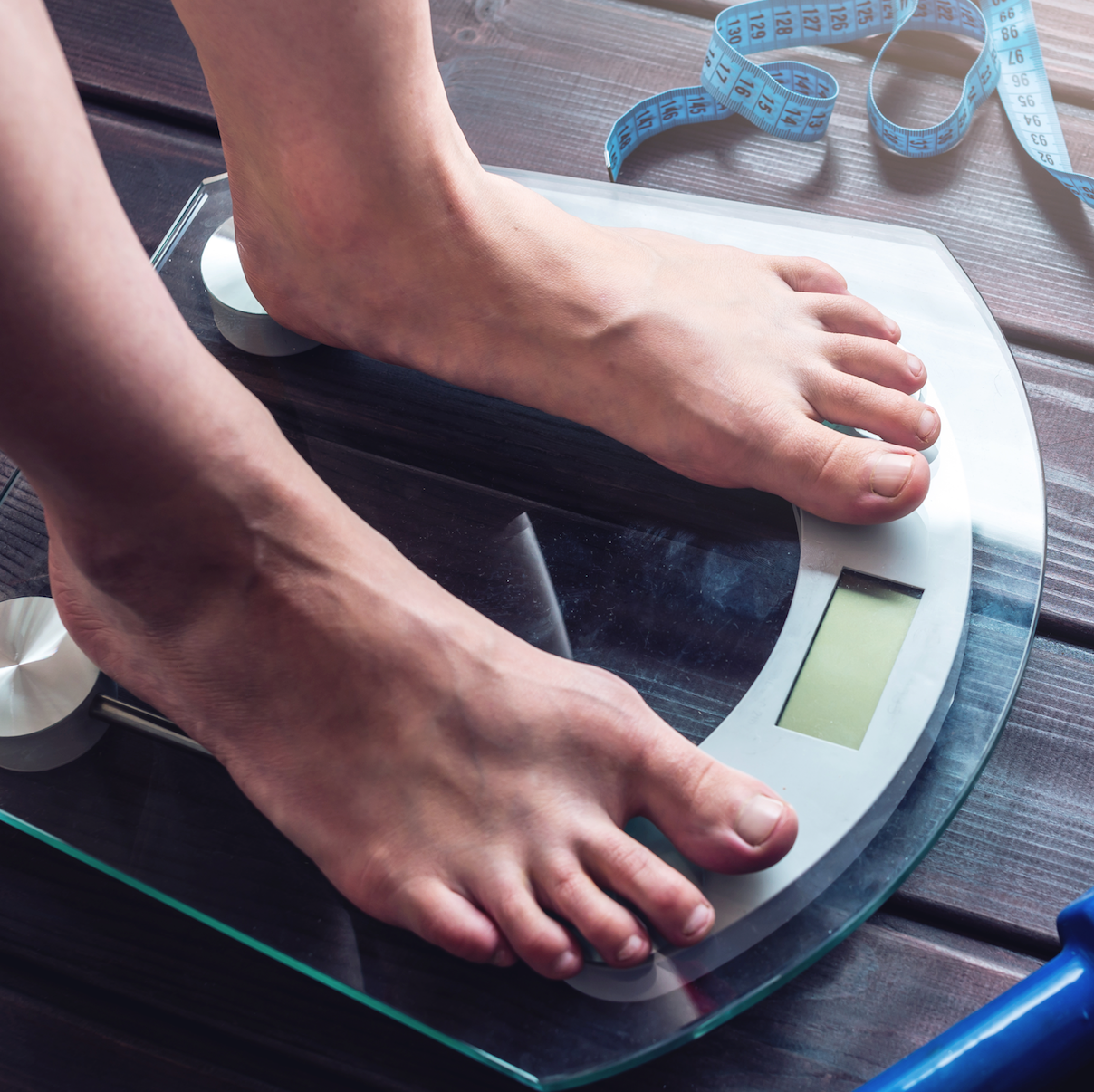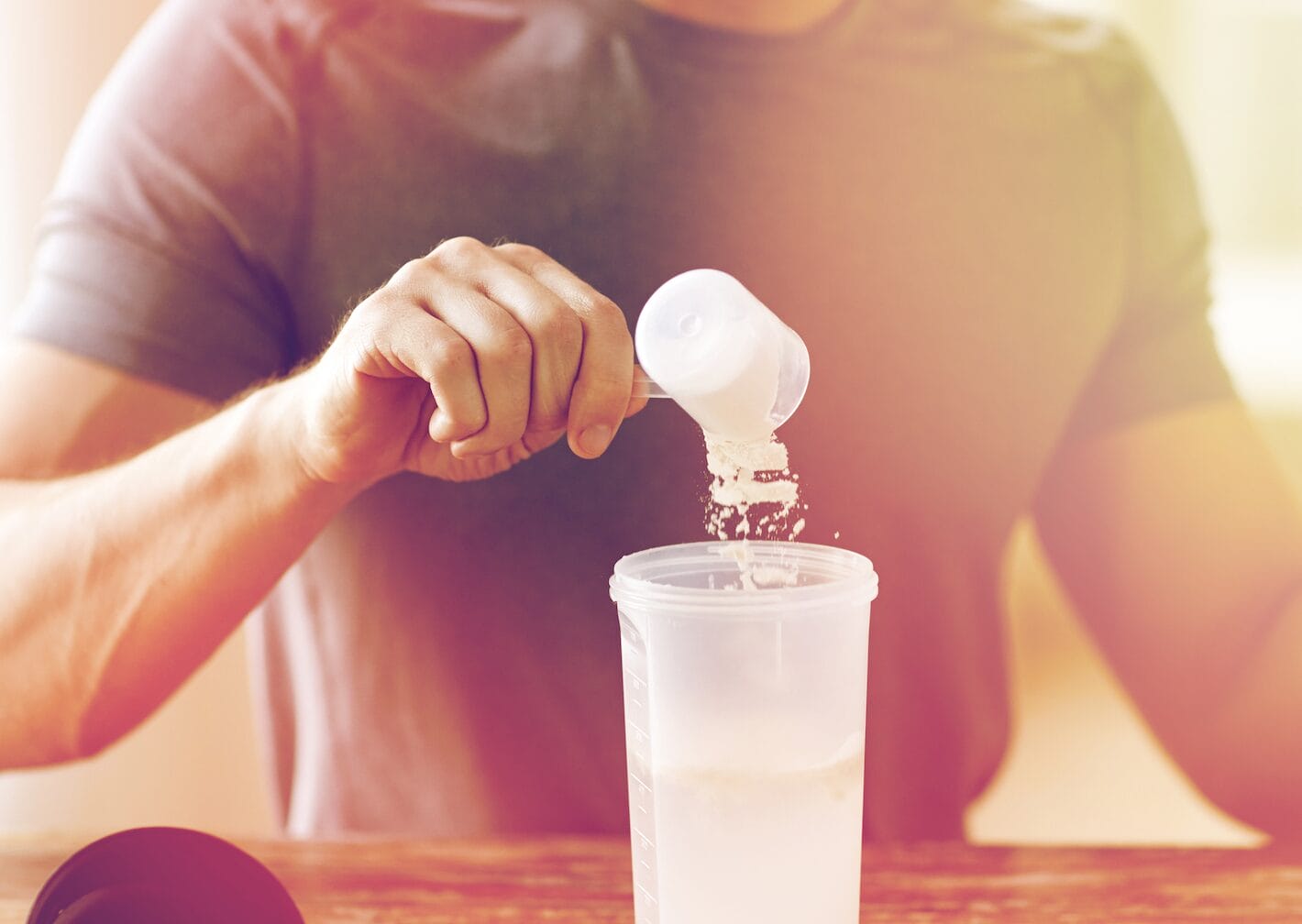
Matcha tea has gained immense popularity over the past few years for its vibrant green color, earthy flavor, and potential health benefits.
And among its many touted advantages, weight loss stands out as a particularly intriguing claim.
It makes sense that matcha would be good for us, but can sipping on a cup tea truly aid in shedding those extra pounds?
Well, that’s what we’re here to figure out.
Let’s dive deep into the science, benefits, and limitations to uncover the truth behind the matcha-weight loss connection.
Understanding Matcha: A Brief Overview
Originating from Japan, matcha is a finely ground powder made from green tea leaves.
More specifically, matcha is made out of plants that’ve been grown mostly in the shade, resulting in leaves that are higher in chlorophyll and other nutrients (this is why matcha is so intensely green).
Well, unlike traditional green tea, where leaves are steeped in water and discarded, matcha involves consuming the entire leaf.
This is possible because the tea leaves are dried and ground into a fine powder, making it easy to mix with hot water (for tea) or other foods.
Japan and other Asian countries have been drinking matcha for hundreds of years and it’s been known to offer a concentrated source of nutrients, antioxidants, and other beneficial compounds.
And this includes the potent antioxidant group known as catechins.
The Science Behind Matcha and Possible Weight Loss
1. Metabolic Boost
Matcha contains a unique type of catechin called epigallocatechin gallate (EGCG), which has been studied for its potential role in enhancing metabolism and promoting fat oxidation.
Some research suggests that EGCG may help increase calorie expenditure and fat burning, supporting weight loss efforts when combined with a balanced diet and regular exercise.
Said research shows that increased calorie expenditure is fairly modest (~4.6% increase in energy expenditure), but burning any additional calories can help with weight management.
2. Appetite Regulation
Catechins and other compounds found in matcha tea may help regulate appetite as well, by reducing hunger cravings, and promoting feelings of fullness.
This occurs by modulating appetite hormones, such as ghrelin and leptin.
Matcha may be able to support portion control, mindful eating, and overall calorie intake management by helping your body feel full after drinking.
Which can contribute to weight loss goals.
3. Energy Expenditure
Matcha is full of nutrients and antioxidants, but it contains caffeine as well.
It doesn’t have nearly as much caffeine as coffee (about ~50% as much), but with around 70 mg in your average cup, matcha still has enough to give you a gentle boost of energy.
The caffeine content in matcha tea can stimulate the central nervous system, helping you increase energy expenditure and maybe even enhance physical performance during workouts.
By providing a natural energy boost, matcha may encourage individuals to engage in more rigorous exercises, burn more calories, and maintain an active lifestyle conducive to weight loss and management.

What Does The Research Have To Say?
It’s tough to show a direct correlation between drinking matcha and weight loss because we’re all so different and there are so many different variable at play.
But there are some research studies that’ve tried.
This systematic review showed that consuming 100 – 460 mg/day of ECGC can have a positive effect on losing body fat and body weight reduction when compared to not consuming it.
And here’s another study from Japan that showed that consuming 146 mg ECGC combined with another powerful antioxidant was effective for reducing BMI over 12 weeks.
And here’s another meta-analysis that seems to show that the nutrients found in match could be helpful for weight loss and weight management, although the results were quite small.
Based on the above research, it would seem that drinking matcha can be helpful when it comes to weight loss/management, but drinking matcha alone isn’t going to have enough effect to make a huge difference.
FYI, your average cup of matcha likely has 100 – 200 mg of ECGC, so drinking 1-2 cups daily would give you the same amount used in these studies.
It’s also worth noting that some of these studies investigated using green tea extract, which is similar to matcha, but a more concentrated form (and often made using different parts of the plant).
While matcha offers promising potential benefits for weight loss, it’s essential to approach the topic with a balanced perspective, considering individual differences and lifestyle factors.
Incorporating matcha into a comprehensive weight loss plan that emphasizes a healthy diet, regular exercise, adequate sleep, stress management, and personalized strategies is crucial for achieving sustainable results.
Practical Tips for Incorporating Matcha into Your Routine
Quality Matters
Choose high-quality, organic matcha powder from reputable sources to ensure purity, potency, and optimal health benefits without added sugars, fillers, or artificial ingredients.
You’ll also want to pay attention to wether you’re using culinary or ceremonial grade matcha.
Culinary grade is usually cheaper, but it tends to have a more bitter, less smooth taste – it works well when mixing in other recipes, but may not be the best for drinking a quality cup of tea.
Ceremonial grade is usually a little more expensive, but it tastes better and works well for making tea.
Mindful Consumption
Enjoy matcha tea as part of a balanced diet, considering its caffeine content and potential interactions with medications, health conditions, or dietary preferences.
If you’re taking any prescription medications or over-the-counter supplements, it’s a good idea to check with your health care provider before you start using matcha to make sure it’s safe.
And again, you have to watch your caffeine levels as well.
Variety and Creativity
You can experiment with different matcha recipes, including lattes, smoothies, desserts, or savory dishes, to incorporate this versatile ingredient into various meals and snacks throughout the day.
If you’re planning on mixing it into smoothies or other foods, you might want to save yourself a little money and go with a culinary grade powder.
Moderation and Consistency
Incorporate matcha into your daily routine in moderation, maintaining consistency, and monitoring its effects on your energy levels.
Due to the caffeine levels, it’s likely a good idea to keep your daily intake to between 1-2 cups of matcha.
It’s also unlikely you’ll notice any immediate effects with your weight management, but if you keep an eye on your appetite levels, digestion, and overall well-being, you may see differences over time.
Final Thoughts
While drinking matcha tea alone may not be a magic solution for weight loss, incorporating it into a balanced, healthy lifestyle can certainly complement your efforts.
And even if doesn’t directly cut any weight, it’s still great for ya.
Don’t forget it can also help support metabolic health, enhance energy levels, and contribute to overall well-being.
By understanding the science, benefits, and limitations of matcha tea, you can make informed decisions, set realistic expectations, and explore personalized strategies that align with your goals and preferences.
Personally, I started drinking matcha a few years ago (my wife got me hooked to Starbuck’s matcha lattes, but then we started making our own matcha tea at home) and I feel that it helps tremendously.
I can’t say that I’ve noticed any real weight loss from drinking matcha regularly, but drinking it before breakfast does help curb my appetite.
Especially if I’m intermittent fasting and trying to skip breakfast.
Plus, drinking anything that green has got to be good for you.
And again, I have zero proof to back this up, but I feel as if I get sick a lot less since I’ve been drinking matcha and other teas.
I have 2 small children who are bringing home all kinds of germs and I rarely get sick (knock on wood).
Anyway, when it comes to matcha and weight loss, it looks like drinking it regularly may help some when it comes to burning more fat/calories and feeling full, but changes seen in research where modest.
If you’re trying to lose weight, your best bet would be to combine drinking matcha with a balanced diet and exercise.
And again, always consult with a healthcare professional, nutritionist, or registered dietitian for personalized advice and recommendations tailored to your specific circumstances.


